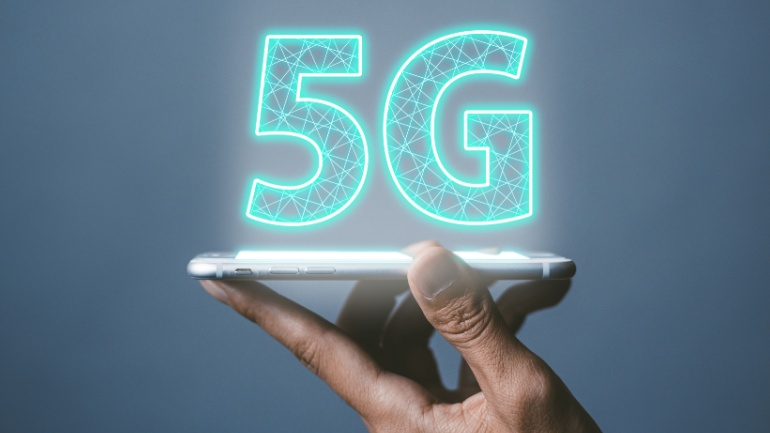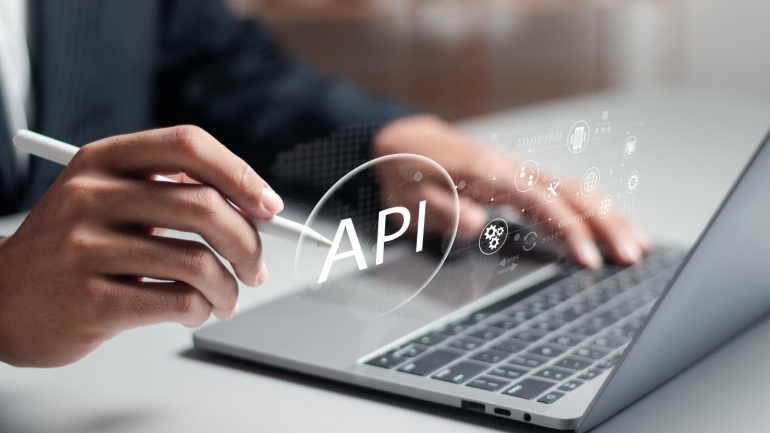Shanghai Spacecom Satellite Technology (SSST) is set to launch its first batch of satellites, challenging SpaceX’s Starlink. This launch, part of China’s G60 Starlink Plan, aims to deploy 15,000 low Earth orbit satellites by 2030, marking a significant step in China’s strategic competition with the United States.
Verizon Business 2024 Mobile Security Index unveils rising cybersecurity threats from mobile and IoT devices. With 95% of businesses actively using IoT, security concerns have intensified. The report emphasizes the need for enhanced mobile security, especially in critical sectors. Investing in advanced cybersecurity solutions is crucial as IoT becomes more integral to business operations.
Enreach UK has launched Enreach Contact Anywhere, a Fixed-Mobile Convergence (FMC) solution that integrates fixed-line and mobile services. By using one number and one device, this innovative solution addresses the increasing need for efficient mobile usage within businesses, boosting productivity and simplifying professional communications across various industry sectors.
MasOrange, Spain’s leading mobile operator, is set to reduce Chinese equipment in its 5G network to mitigate geopolitical risks. From 2024, Huawei’s share will drop as Ericsson’s increases, targeting a full elimination by 2029. This transition ensures a robust 5G expansion, bolstering coverage across 100% of municipalities over 10,000 residents.
Softing IT Networks has launched the CableMaster FO Power Meter, a cutting-edge tool for fiber optic cable testing. Ideal for VoIP engineers, this compact device measures seven wavelengths, offering precise readings and a visual fault locator. Its portability and USB-rechargeable battery make it perfect for versatile, on-the-go usage.
The launch of the Bridge Alliance API Exchange (BAEx) by Bridge Alliance and Singtel introduces a revolutionary platform that simplifies API integration for multinational enterprises. Powered by Singtel’s Paragon orchestration platform, BAEx streamlines access to telecommunication network capabilities, accelerating time-to-market for new digital services. Optimize your operations with this cutting-edge VoIP solution.
Omilia has launched Pathfinder, a groundbreaking tool designed to revolutionize Conversational AI (CAI) applications by reducing design and development time. Integrated into the Omilia Cloud Platform, Pathfinder analyzes raw data from files like PDFs and CSVs, automating the identification of customer intents. This innovation promises to enhance VoIP solutions by improving CAI deployment efficiency.
Australian telecommunications company Optus has partnered with Cisco to enhance network security for its business customers. As remote work and reliance on VoIP and Software-as-a-Service increase, this collaboration aims to address complex cyber threats.
India’s recent 5G spectrum auction concluded with disappointing results, generating significantly less revenue than anticipated. The auction ended after only seven rounds, raising INR113 billion ($1.35 billion), a stark contrast to the INR960 billion ($11.49 billion) reserve price set by the government.
Norwegian telecom giant Telenor has deepened its collaboration with Amazon Web Services (AWS), signaling a shift away from efforts to promote domestic cloud solutions. This move includes the implementation of AWS’s sovereign-by-design solutions in Telenor’s Skygard data centers.













